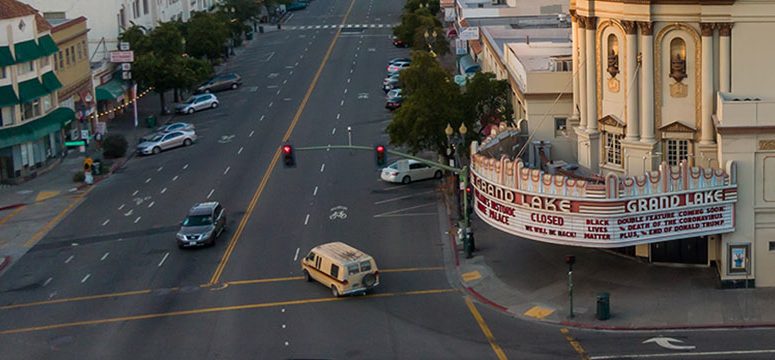A ubiquitous as cars are today, and as seemingly fundamental to American identity they have become, you would think that when the pilgrims landed on Plymouth Rock, they were greeted by valets and an uninterrupted vista of limited-access highways.
But, relatively speaking, it wasn't too long ago when cars were introduced to the American public and met with a tremendous amount of skepticism.
The reminder, for Rob Pitingolo at Network blog Extraordinary Observations came on a recent trip to the Smithsonian Museum, where the exhibit stated:
For automobiles to become a permanent fixture on the American landscape --rather than simply a toy for the rich -- people needed to be convinced that they were reliable, useful, appropriate, and even necessary. In the early years of motoring, not all Americans were convinced that the new "devil wagons" were here to stay.
That got Pitingolo thinking:
This statement is enlightening because today we take for granted that cars rule the urban landscape, and in fact, the "necessity" of them was not immediately obvious when they first came onto the market. In fact, the necessity of them was questioned pretty aggressively.
Today, people believe that cars are absolutely a necessity - and they're not entirely wrong. But it's because we made policy decisions throughout history that made it that way.
Elsewhere on the Network today: Hard Drive reports that after more than a dozen "right-hook" collisions injured bicyclists, Portland is closing one street to right turns altogether. Milwaukee Rising wonders whether the Wisconsin Department of Transportation will abide by the terms of a 1990s civil rights lawsuit in the construction of a $1.9 billion interstate widening project. And Streets.mn helpfully outlines both sides of the "great helmet debate."






